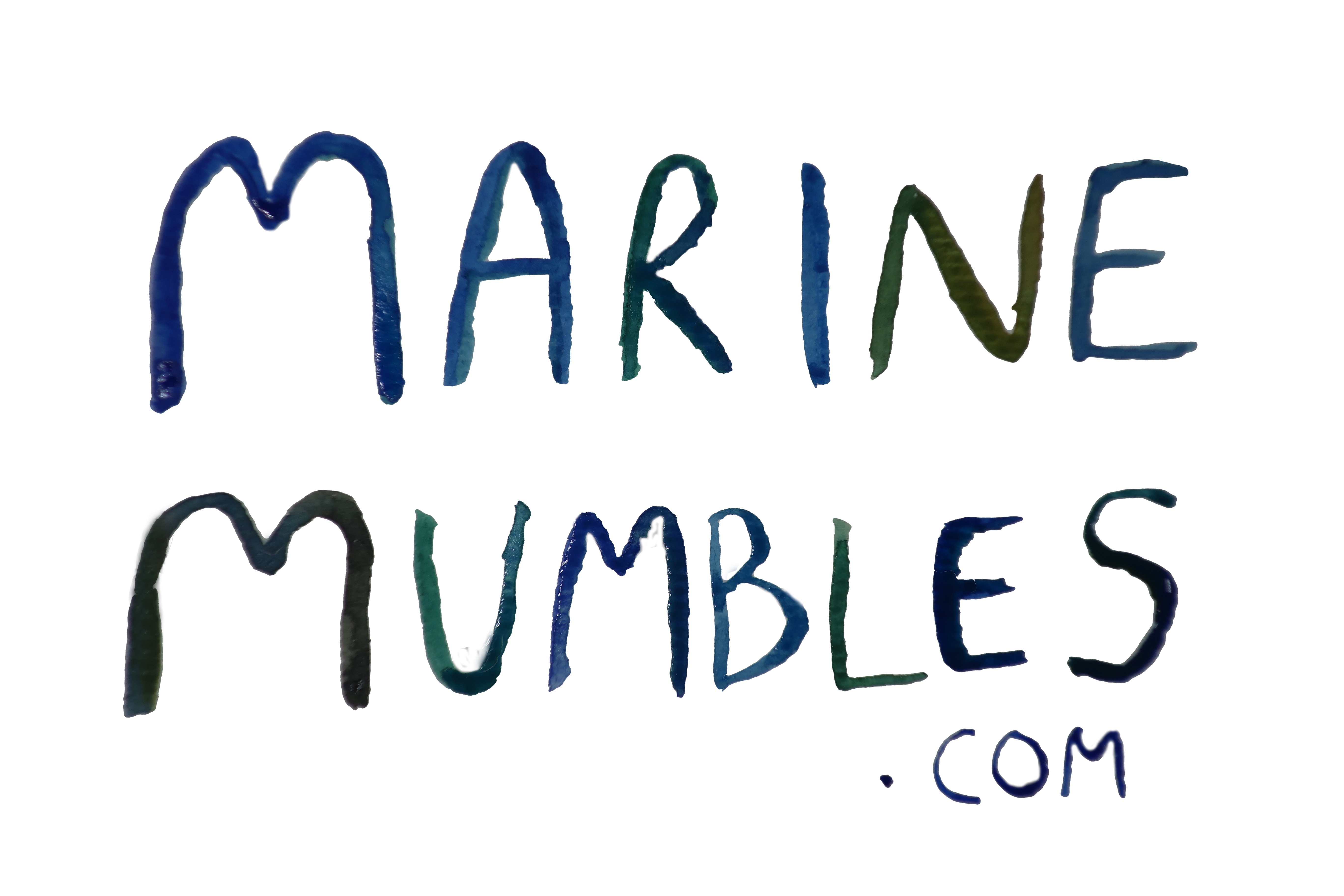Slipper limpets, are weird… very weird. Normally I rave about limpets, and maybe it is because they are invasive, but I’m defiantly leaning towards thinking there just plain odd. Firstly, they very clingy, and don’t want to live on their own. This means they form curved stacks, making them they closest thing in the ocean in appear like a croissant. In these stacks, the large females will be at the bottom and smaller males will be at the top. As the females at the bottom get knocked off or die, the next limpet in the stack will turn into a female, making them protandrous hermaphrodites… weird right?! (well it’s not totally weird, it’s quite common actually and is one of the only biological problems with the film Finding Nemo). They then reproduce together twice a year, and the transformation from male to female occurs in around 60 days.
Slipper limpets are also not great news for UK and Europe as they are invasive. These species are not good for our shellfish, and can quickly overtake sheltered muddy subtidal banks as they have very few predators. They prefer to live sub tidally so unless you dive your most likely to see them only if they have washed up on beaches either alive or as dead shells. Even so they are quite common to find on the beach and there seems to be an increasing amount of dead shells being washed up around the Isle of Sheppey. But this could be explained by the fact they were thought to have first be introduced to the UK in Essex.
However, they do have one redeeming feature is there latin name… Crepidula fornicata … (sniggers). Ok I know I am supposed to be professional, but when you have to learn an absolute tons latin names, your looking for anything funny to help remember them and this name fits the bill!
But despite Crepidula fornicata‘s amazing name, it’s probably not anywhere near my favourite species and probably isn’t the favourite new friend of the other native UK marine life either.
As always I welcome feedback so let me know what you think of my website and posts @marinemumbles on twitter or comment on my Instagram.
Happy Rockpooling!


